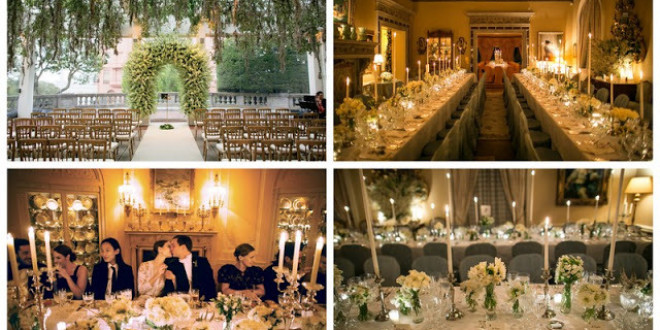[ad_1]
Guide to Diamond Engagement Rings
Congratulations!
The wedding ring is the single most important piece of jewelry that you will give to your spouse in your lifetime. The ring symbolizes your everlasting love and devotion to your spouse. It not only symbolizes your love for each other, it also marks one of the most important occasions in your life. To make the best decision when buying a diamond ring, you should be ready with as much information as possible.
Diamond Grading Terminology
A diamond's cost is based on the characteristics known as the "4 C's". Clarity, Color and Cut (proportion) are the quality elements which together with the Carat Weight determine the value of a stone.
1. Diamond Carat Weight
When shopping for an engagement ring, one quality that is always discussed is the diamond carats. Carat is the measure of a diamond's weight, although it is often confused with size. One carat is equivalent to 200 milligrams.
2. Diamond Clarity
Diamond clarity is critical for engagement rings. Nature seldom creates flawless diamonds, and most stones have various types of flaws. Inclusions are additional minerals that may cause a streak or stripe through the stone, and fractures are minuscule cracks and splits that look like tiny crystals, clouds or feathers. Clarity is the scale of perfection established by the Gemological Institute of America (GIA) that measures the number and magnitude of flaws in a diamond.
3. Diamond Cut
The cut of a diamond reflects to the angles and proportions of the stone and has nothing to do with its shape. Diamond cuts are designed cut to internally reflect light from one mirror-like facet to another, dispersing and reflecting it through the top of the stone. This brilliance is known as the diamond's "fire."
4. Diamond Color
Diamond color ranges from clear to varying shades of yellow and brown. A diamond's color rating refers to its degree of coloration, and the Gemological Institute of America (GIA) has developed a grading system using alphabet letters D to Z that compares the color of a diamond to the color of pre-selected gems. Later letters indicate deeper colors.
Shape
Round
By far the most preferred diamond shape, the round-brilliant cut is also the most optically brilliant because of its 360-degree symmetrical shape. A round brilliant is a great choice if you want the most sparkle and the most enduring classic shape.
Princess
The princess cut is a modern classic of clean, square lines and beautiful sparkle. This shape is the perfect choice if you prefer a square or rectangular outline but want the brilliance of a round.
Marquise
The marquise cut is a regal, elongated shape with tapering points at both ends. Its shape tends to flatter the finger, making it appear longer. A marquise-cut diamond should be mounted with six prongs: four positioned on the sides to hold the body of the stone securely and two V-shaped prongs to protect the points at either end, the most vulnerable part of the diamond.
Emerald
The emerald-cut diamond is among the most classic of diamond shapes. Its clean lines come from step-cutting, or parallel line facets. It is always cut with blocked corners and is usually cut to a rectangular outline, although a few are cut to be more square.
Oval
The oval cut is most similar a round-brilliant cut and combines the round's sparkle with a flattering, elongated outline. It makes a good choice for someone who wants a unique shape but loves the fire and brilliance of a round diamond.
Heart
The heart-shaped diamond is the most romantic of diamond shapes. It is similar to the pear shape but has a cleft in the rounded end that forms the lobes of the heart. The complexity of the shape requires skilled cutting to ensure proper brilliance.
[ad_2]
Source by Amy Huston

